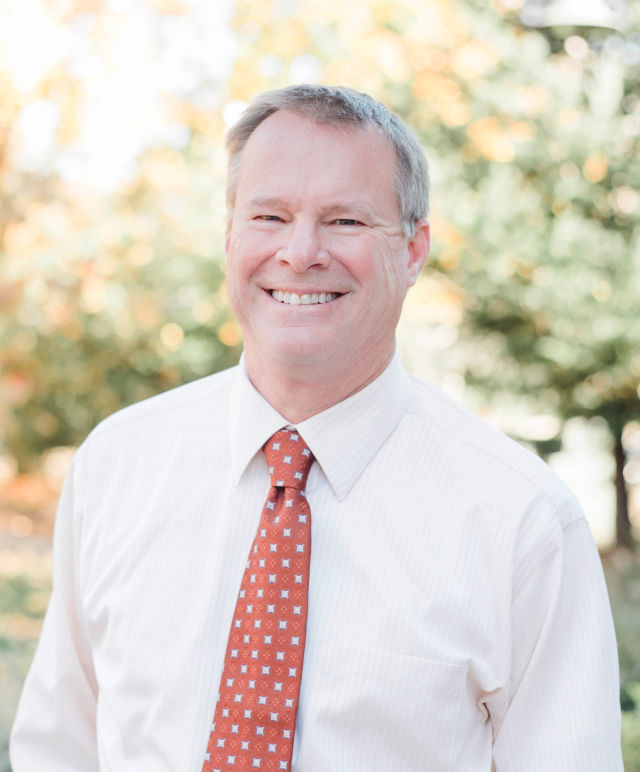ASCEND Is a Roadmap for Career Success

On the way to graduating high school, there are many forks in the road that will shape your teenager’s future. What friends are they hanging out with? Should they take a physics class or sharpen their Spanish skills? Some of those choices will be decidedly less significant—like whether to wear a turquoise or a peach tie to prom—but the best part about that time of their life is that there are zero (well, maybe just a few) wrong answers.
As a parent, you also know that once they receive their diploma, the stakes get much higher, and perhaps the biggest decision of all is what they want to pursue afterward. With the ASCEND Career & Technical Education program at Oregon Charter Academy (ORCA), students have the opportunity to dive into different career paths, gaining invaluable real-world experience without ever having the door slammed shut and locked behind them.
“For many years, kids have been driven toward college as the only option available,” says John Meyer, ORCA’s High School Success Administrator. “But for many, myself included, college was not the only pathway to a successful career.”

John Meyer, ORCA’s High School Success Administrator
Instead, he joined the Navy, used his trade skills as an electronics technician to become a manufacturing manager in the technology industry, became a small business owner, and ultimately earned several degrees in his 30s and 40s. Along the way, Meyer saw many of his college-bound classmates struggle to gain any momentum or establish a solid plan of action.
“I had lots of friends who were leaving high school and wanted to enter the job market, but they had no marketable skills,” Meyer says. “Others went to college and gained expertise but fell deep into college debt.”
For high schoolers and motivated eighth graders, ASCEND represents an investment toward their future, whether that’s a postsecondary education, the Armed Forces, or immediately entering the workforce.
“We have our students go through an application process so that they are fully aware of the expectations and benefits that we can offer them, but they’re all accepted into the program,” Meyer explains. “There’s no barrier to entry. There are opportunities for every student.”
Once approved, students supplement their standard curriculum with courses in one of five career pathways: business and management, computer science, education, medical science, or veterinary science. It’s a space for kids to explore career interests and, oftentimes more importantly, discover their strengths.
“We love it when kids want to explore different careers,” Meyer admits. “Say a student joins the medical science pathway, and the first time they view a surgery at a medical center, they discover they don’t enjoy the medical field as much as they thought they would. That's OK, because they haven’t spent anything other than time on the courses, and we have other pathways they can move to. We would rather students experience that early on before they go to college and start accumulating debt.”
One student in the computer science pathway already does IT support for a large legal firm of about 50 attorneys in Oregon and Washington, all from the comfort of home. Another started and manages an online help desk. On top of these internship opportunities, which Meyer and his staff are always working to cultivate, kids will have the chance to gain college credits and industry certifications as well.
Although there are CTE (Career and Technical Education) programs at many schools across the state, ORCA’s is unique, as it is a virtual school. Though others doubted whether it could work on a digital platform, the results are proof that it actually thrives.
“Our ASCEND students who become CTE completers and go through our full program with us have a 96 percent average graduation rate, which is far better than the traditional high school student,” Meyer says. “Those students who are able to focus and give reason to why they’re taking courses in high school are much more successful. That’s building relevance to why they’re taking algebra and why they’re taking a history course—and that's what we do.”
With such promising outcomes, the potential for growth within the program is compelling, and plans are already in motion. Next year, a hotel and tourism management track, in partnership with Chemeketa Community College, will be introduced to the business management pathway. It’s Meyer’s dream to eventually be able to offer about 12 to 14 ASCEND pathways, with the right teachers to advise them, because the personal and societal benefits are so palpable.
“Maybe we have students living in one of our tribal communities in the state, and having medical professionals there, in their community, is challenging,” he says. “So they leave high school and enter that field to be a link to health care—and as that link, serve their community. For any student in our school, being able to better serve their community in a profession they are passionate about and see the rewards of their hard work right out of high school, that is the goal.”




